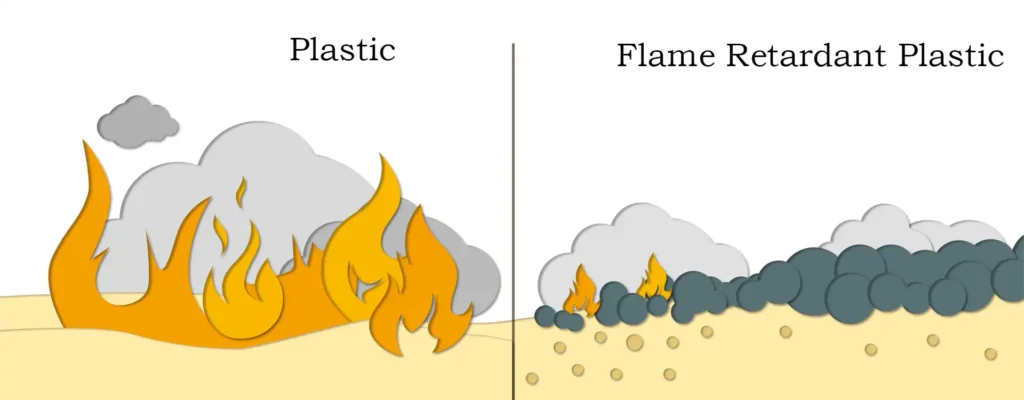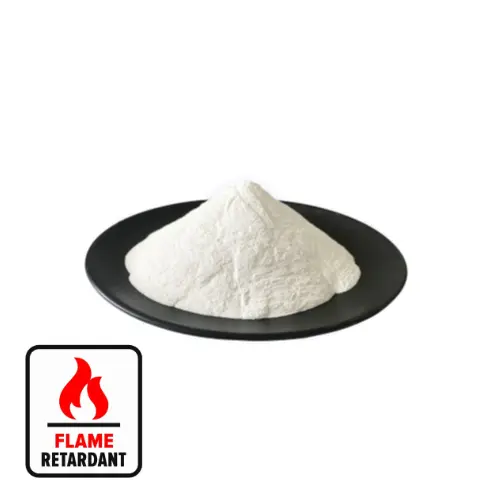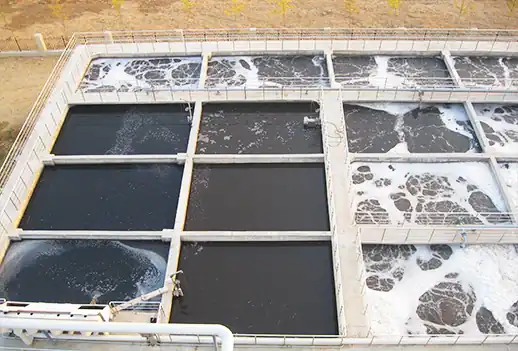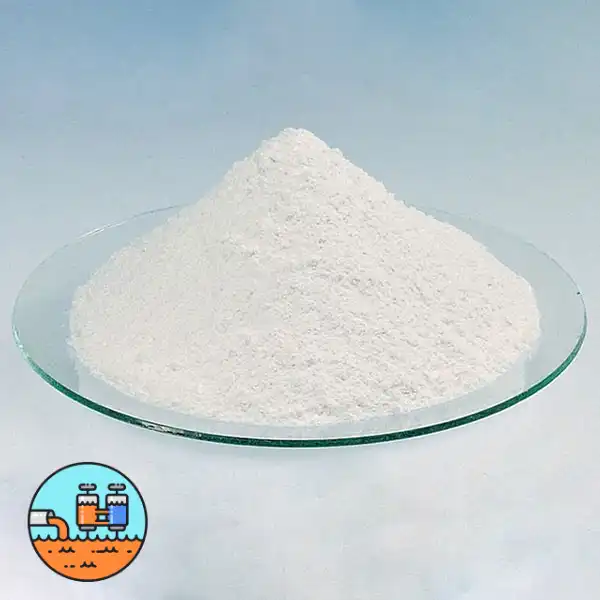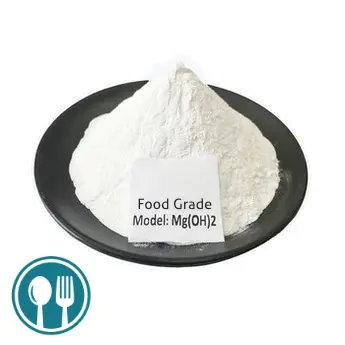Magnesium hydroxide can be widely used in construction, flue gas treatment, propylene oxide, rubber, medicine, paper making, petroleum additives and other industries due to its alkalinity, antimicrobial effect, non-toxicity, and unique reinforcing properties when used as an additive. Due to the alkaline and low cost of magnesium hydroxide, it is used in large quantities for waste incineration, desulfurization and denitrification of flue gas in factories, and wastewater treatment. Due to its antibacterial effect, it is also an important filling agent in current dental root canal treatment. For different applications, magnesium hydroxide has a “professional” side, low-profile and competent.
1. New materials
1.1 Flame retardant material
Magnesium hydroxide powder as a filler has a wide range of applications in polymer materials. Adding magnesium hydroxide to polymer materials can improve the thermal stability and flame retardant properties of composite materials; magnesium hydroxide is alkaline and can decompose with PVC when it meets heat, which has a certain heat stabilization effect. At the same time, magnesium hydroxide can generate water when it meets heat, which can play the effect of cooling, oxygen barrier and flame retardant.
1.2 Degradable polymer material
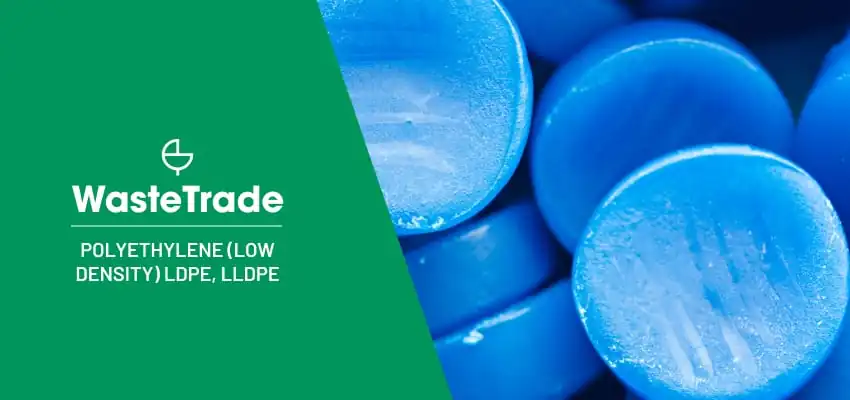
Magnesium hydroxide can be used as an additive for environmental degradation of plastics, with dechlorination effect, disintegration effect and alkaline degradation effect on the decomposition of plastics. Because nano magnesium hydroxide has obvious absorption in the ultraviolet region, it has the effect of promoting photodegradation on LDPE film. At the same time, nano-magnesium hydroxide can also enhance the toughening of LDPE and improve the mechanical properties of polymer materials.
2. Wastewater treatment
The role of magnesium hydroxide used in wastewater can be basically summarized as 4 aspects, neutralize the free acid in wastewater, neutralize the acidic salt in wastewater, react with metal ions to produce insoluble precipitates, and adjust the pH value of wastewater. In practical application, magnesium hydroxide production is convenient, the price is relative to calcium chloride and other calcium salts preferential, in the treatment process can both neutralize the acidity of wastewater and effective removal of fluoride, treatment costs are relatively low.
3. Desulfurization agent
As a desulfurization agent application, magnesium hydroxide desulfurization efficiency is higher than calcium carbonate, the dosage is less than calcium carbonate, energy consumption is lower than calcium carbonate, and there is no carbon dioxide emission.
4. Healthcare
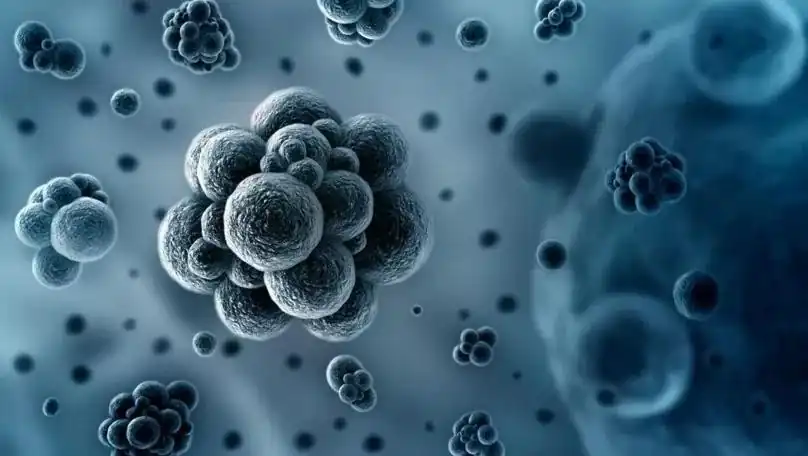
Magnesium hydroxide is used to disinfect and sterilize in a variety of places, such as scientific research, laboratories, medicine, factories, etc., and it has a long history of use in the medical clinic. In surgical treatment, used for wound disinfection, can neutralize the acidic substances produced by bacteria, to achieve the purpose of disinfection, so that the incidence of postoperative infection and complications is reduced. In the treatment of oral diseases, magnesium hydroxide paste is commonly used as a root canal disinfectant for root canal treatment of periapical diseased teeth. Magnesium hydroxide has a strong alkaline, can make the oral root canal toxin activity is weakened, the root canal of the tooth to play a protective role, will reduce the incidence of oral infection, and then make the oral cavity teeth and bone marrow to be effectively protected.
5. Food processing
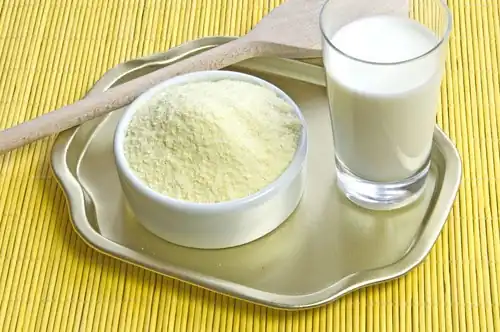
Adding a certain amount of food-grade magnesium hydroxide to milk powder can not only regulate the PH value of milk powder, promote the rapid dissolution of milk powder in water, but also supplement calcium. Adding magnesium hydroxide in soybean products can play the role of coagulant and also provide calcium. Adding magnesium hydroxide to millet flour has a significant optimization effect on the gelatin characteristics of millet flour, so that millet flour has a better taste.
6. Other applications
In the sugar production process, magnesium hydroxide is used to neutralize the acid in the syrup, and then carbon dioxide is passed in to make the remaining magnesium hydroxide become precipitate and filtered out so as to reduce the acidic taste of sugar. In the metallurgical industry, in order to coat metal surfaces, it is necessary to remove impurities (containing metal oxides) on the surface of the metal plate, so it is necessary to use dilute sulfuric acid to remove them first, and the wastewater produced in the production process is usually neutralized with magnesium hydroxide. In addition, magnesium hydroxide can be used in agriculture to reduce soil acidity and improve soil structure.


